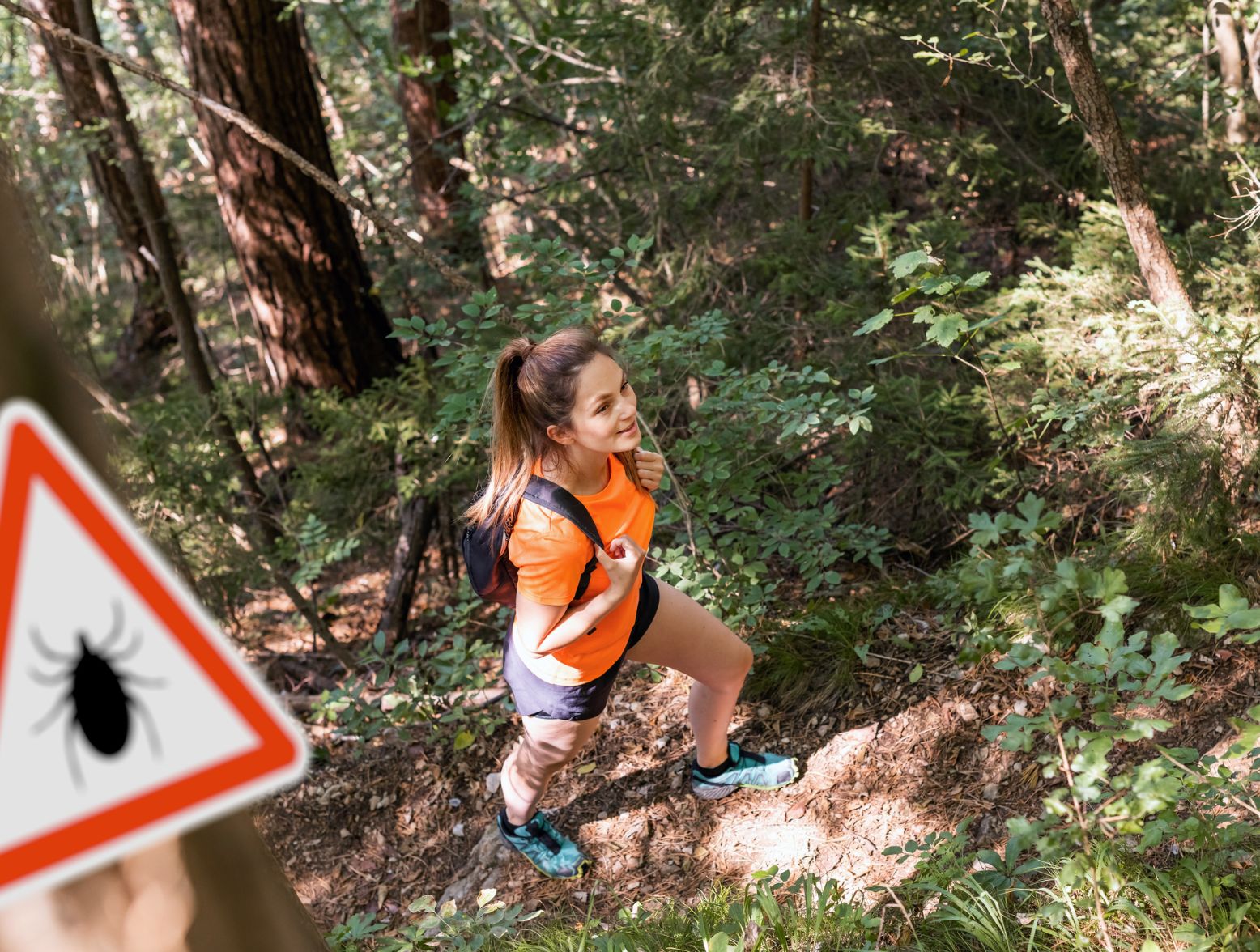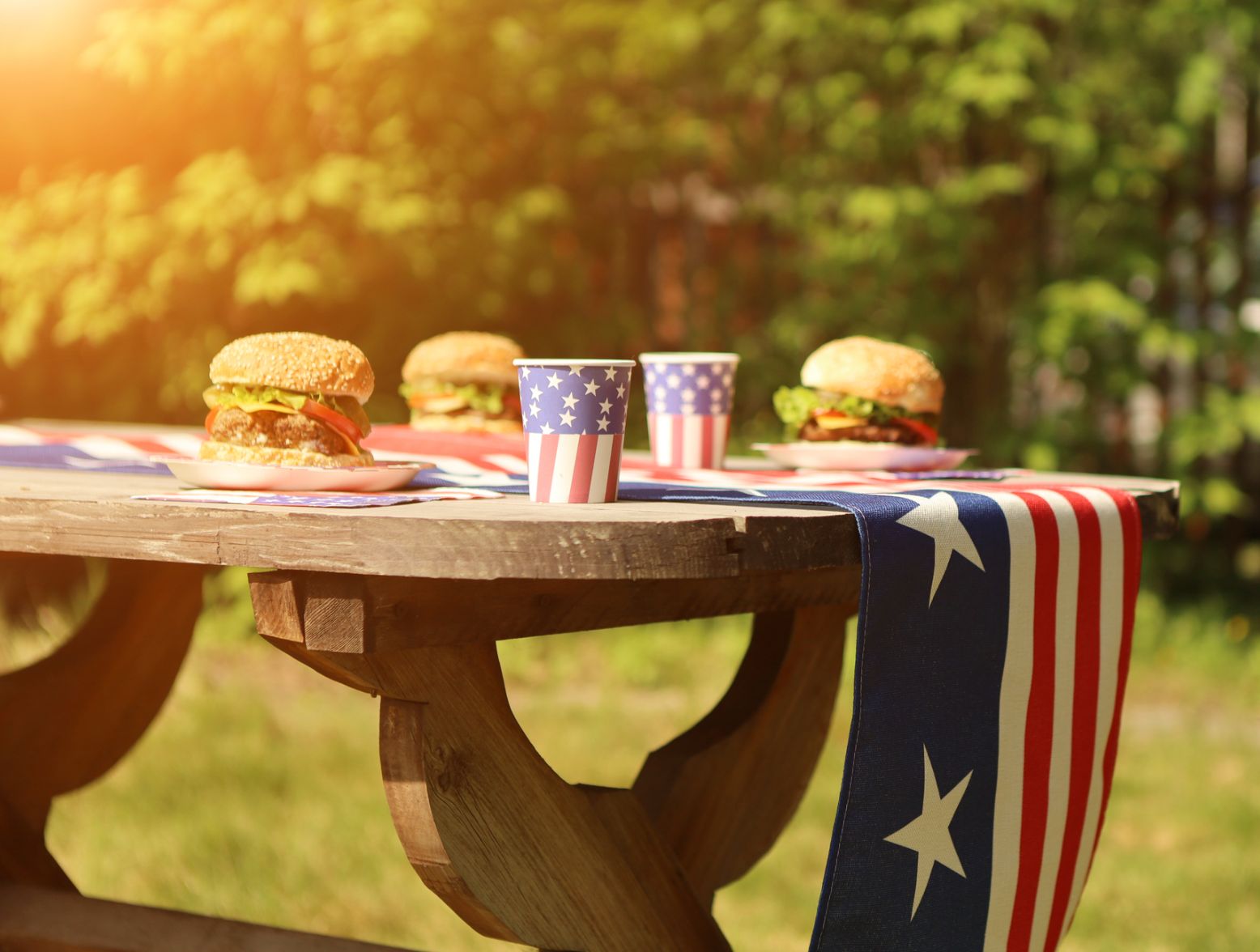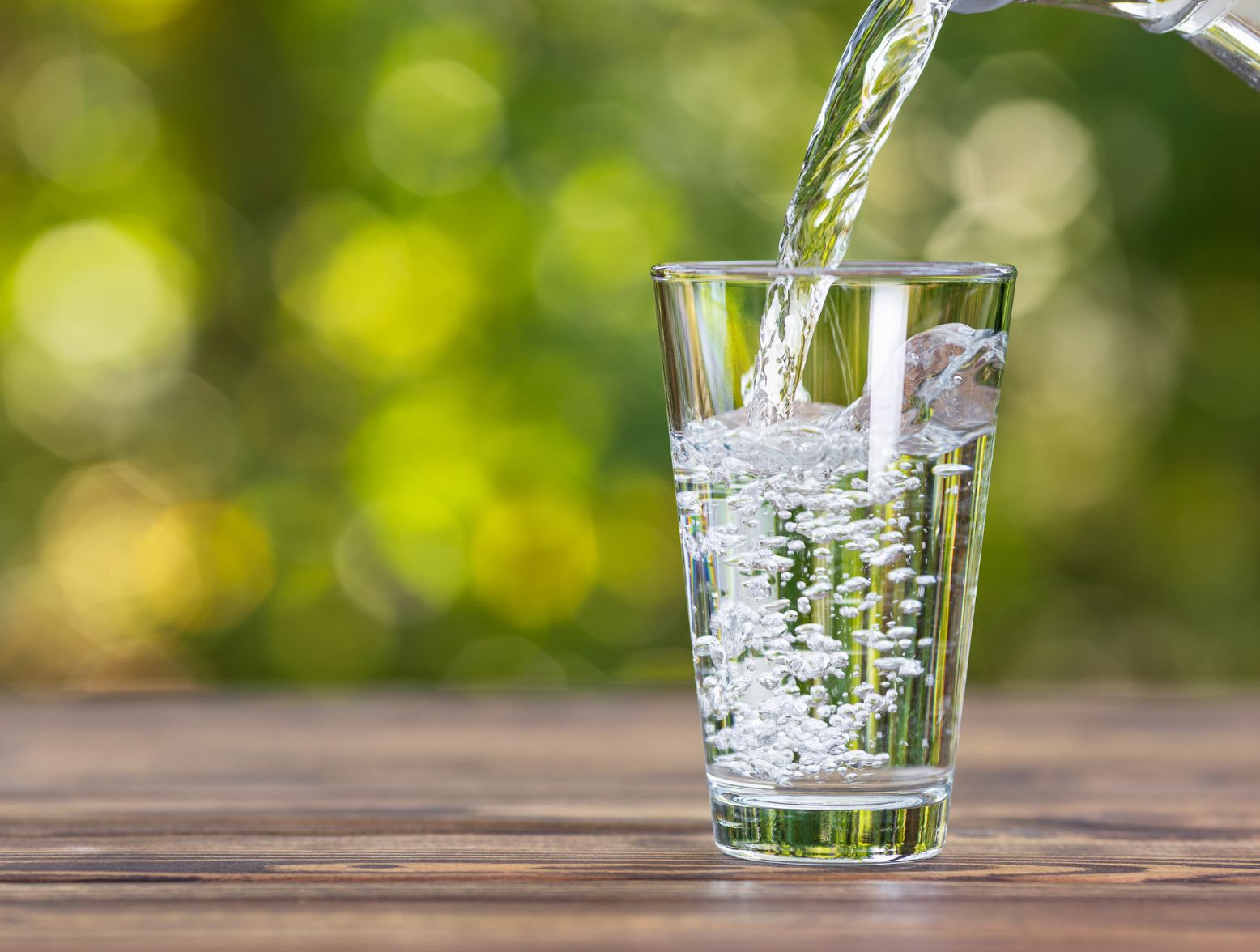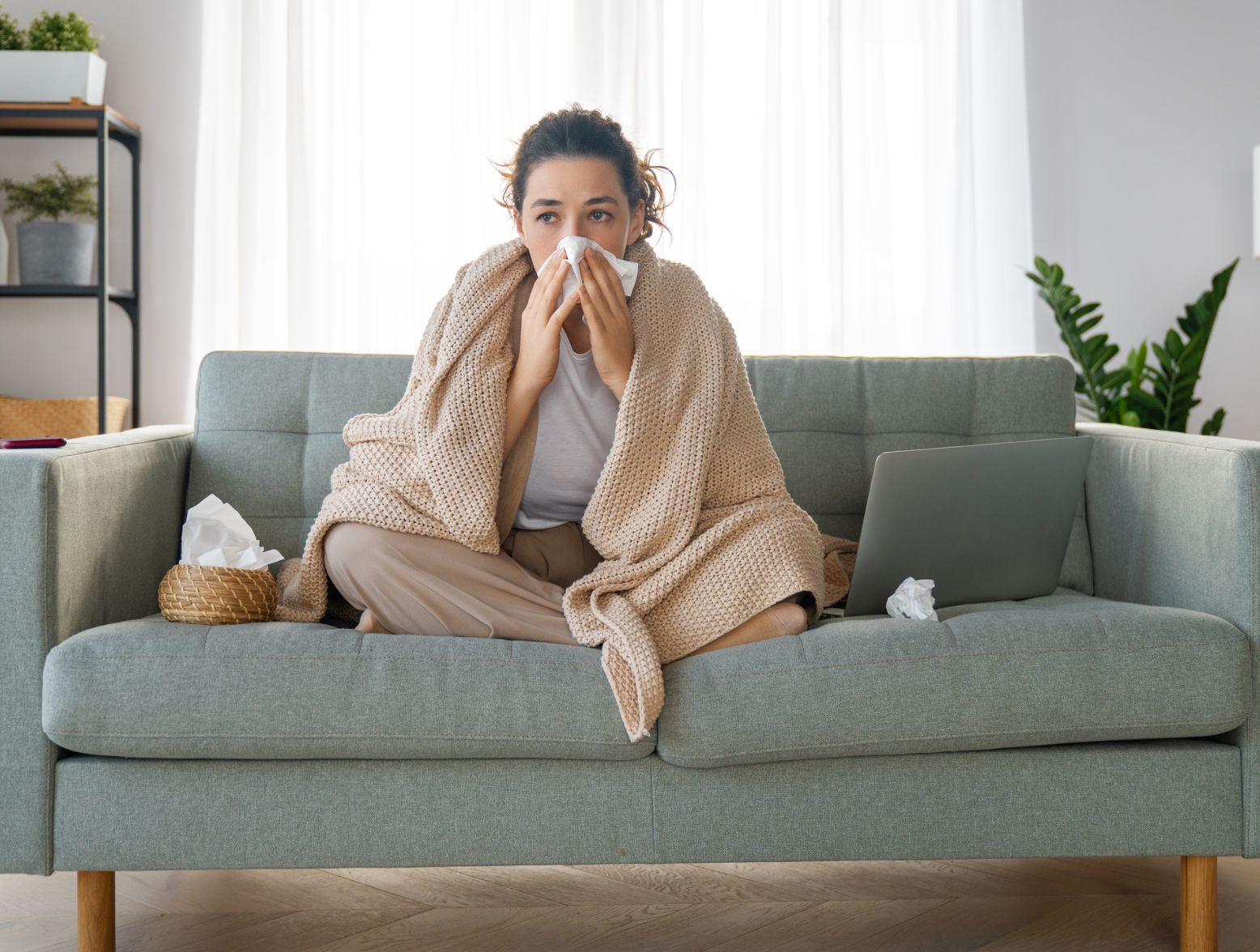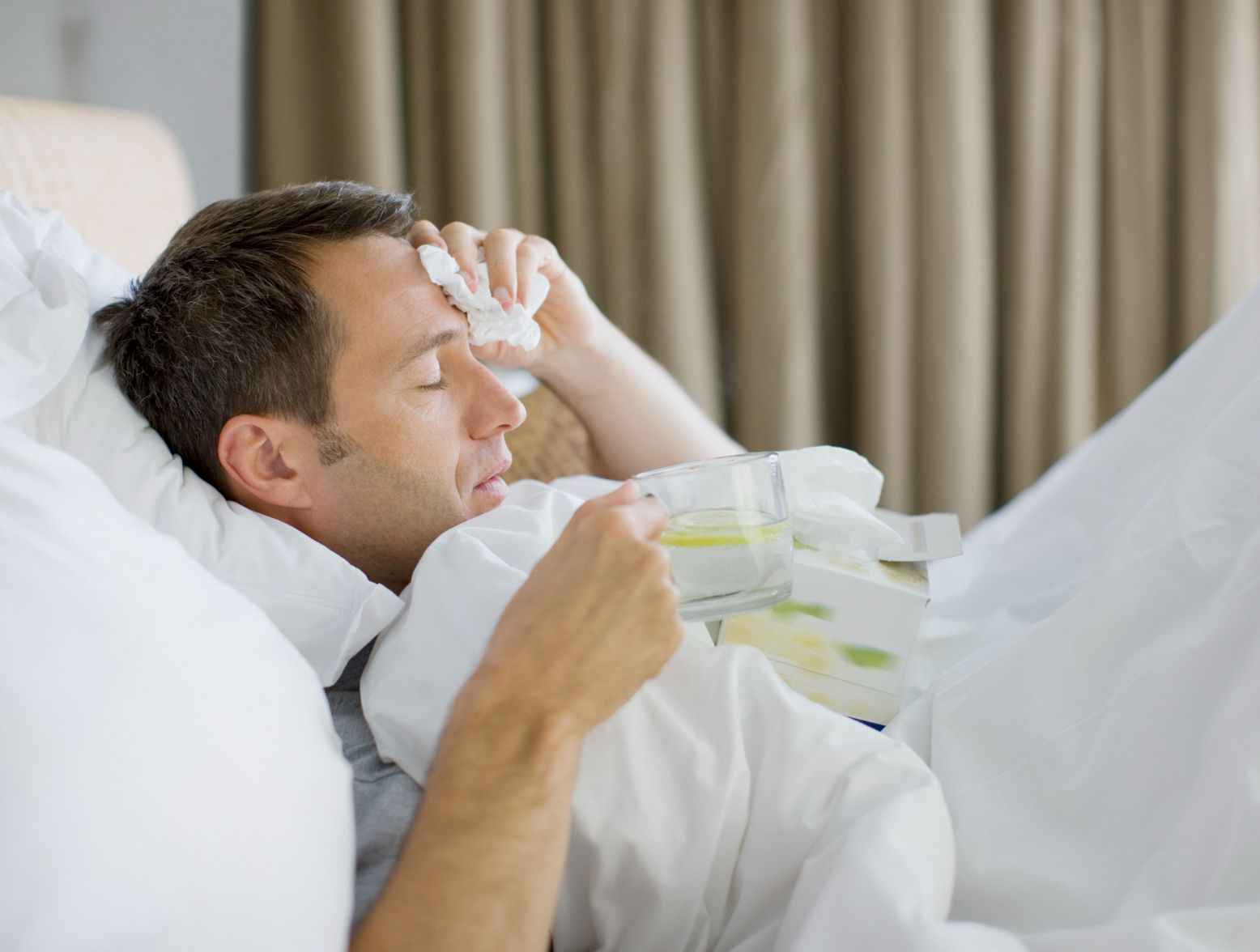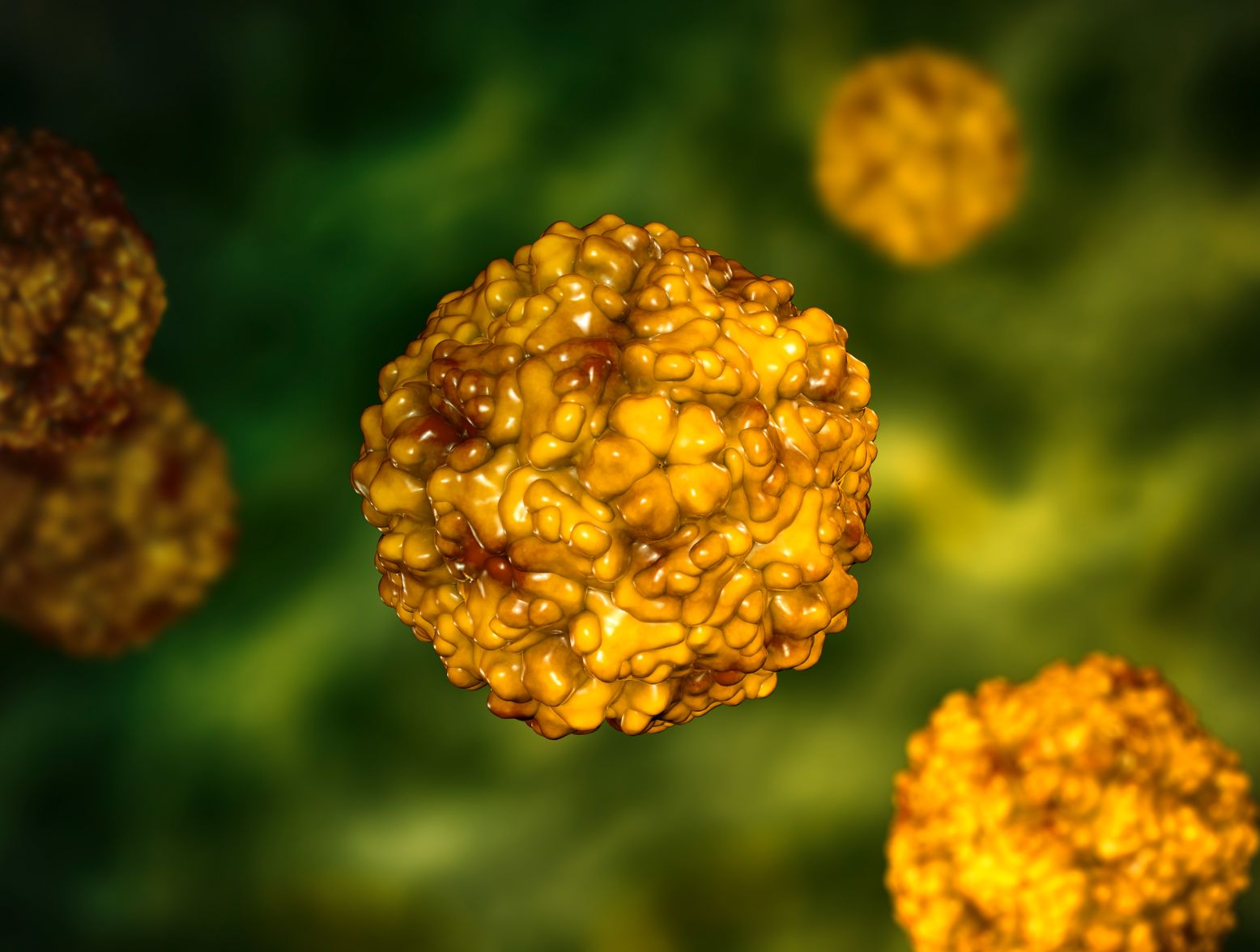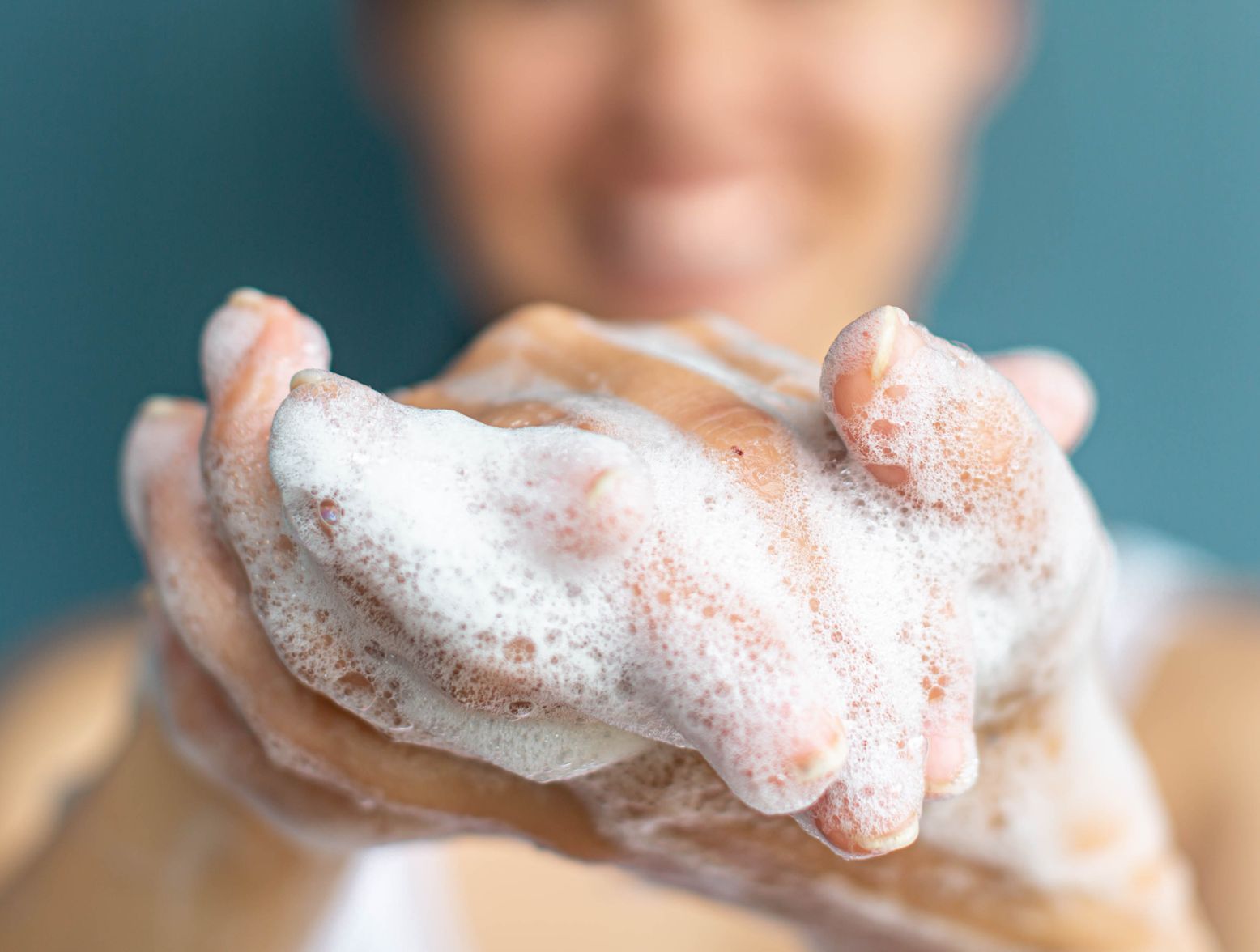Swimming Safely In The CSRA
Being a GenX kid, my first experience around water was not exactly “swimming safely”. It was being thrown into the Savannah River by my mom. It was commonplace among most kids my age, we figured it out pretty quickly and we mocked the kids who didn’t. Whether we were water skiing, swinging from vines to see how far out we could get or just floating lazily downstream on inner-tubes, the river was our playground. Our parents were not hovering over our every move, in fact we were more than likely going swimming because we were told just to get out of the house.
Likewise, my son was a little fish growing up. I honestly don’t even remember teaching him how to swim it just seems like he always knew. I do remember him being so proud of himself when he could “carry his mommy” around the shallow end of the pool. That was cute and I look back on it fondly.
Swimming Safely Is Key To A Fun Summer
Doctor’s Hospital is sponsoring a water safety series of classes at your local Y called “Safety Around Water” or S.A.W. The series consists of five one hour sessions designed to teach kids their water safety skills that can help reduce their risk of drowning. These skills will build up their confidence in and around water and make for a much more enjoyable summer for your little guys.
The first part of series will focus on having their face in the water. For some kids, this is initially an unpleasant part of being in the water. But learning how to handle having your face submerged is an important part of conquering a fear reaction and it’s a great skill to master on your way to learning to swim!
Your child will also learn how to tread water. I can remember hours and hours of watching my son tread his way around the pool as a kid. Not only was it great exercise, boy did he sleep really well the night after! Treading water is an essential skill to have for every kid. And the fact that it will tire them out is a real bonus!
Learning The Basics To Swimming Safely
The other safety skills they will learn is the back float, they’ll learn to swim 10 feet and they’ll learn “reach/throw/do not go”. These skills will prepare your child for a fun summer around water, easing your mind and entertaining your kids the whole summer long!
The S.A.W. program will be available for free to the CSRA the week of May 20th through the 24th for children ages 3-12. The sessions will be available at Aiken County, Barnwell County, Burke County, Thompson and Wilson Family YMCAs. You can register at www.thefamilyy.org or call the Family YMCA of Greater Augusta at 706-922-9622 for more information.


